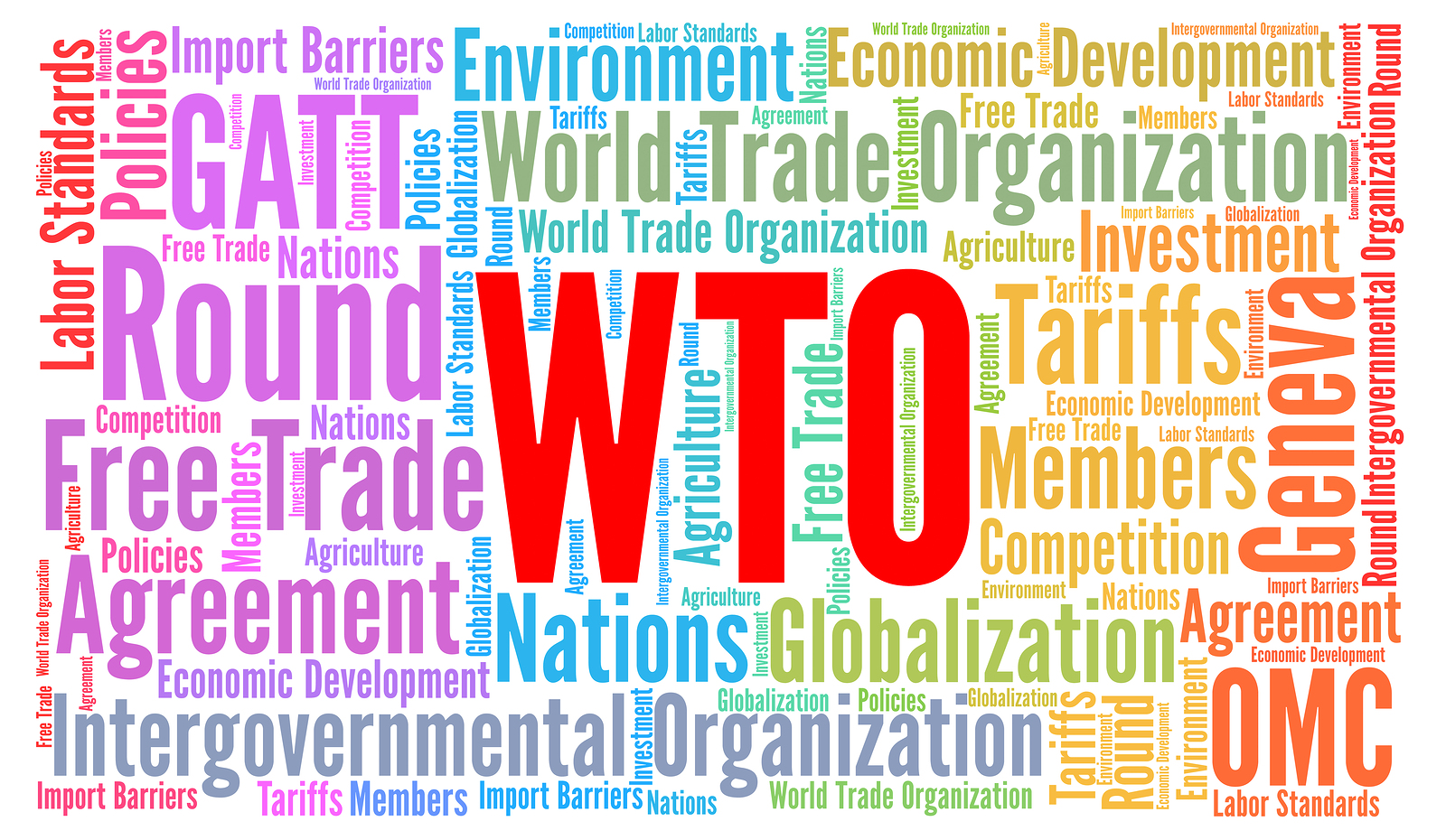News
Today’s Pre-Retirees: Financial Planning with a Contingency Plan
Financial planning with a contingency plan is a requirement for all those who expect to retire at some point. The demographics of retirement and a ‘retired person’ is rapidly changing worldwide. Over the past 200 years, there have been remarkable changes in health and wealth around the globe. Now, there is a converging demographic between countries, thanks to world aid and trade, and technology. Human life expectancy is increasing; in just the United States, thirty years have been added to our life expectancy over the past 100 years.
Retirement is no longer viewed as winding down one’s life like it was in the 1950s. Today’s pre-retirees are making plans for their second phase of life. According to Age Wave, the nation’s foremost thought leader on issues relating to an aging population, today’s pre-retirees view retirement as an ‘Aspirational Life Stage’:
World Trade: Is It Just Regulated Politics?
StaThe World Trade Organization (WTO) is the only global international organization dealing with the rules of trade on a worldwide scale. It is a place for member countries to settle arguments and negotiate trade deals. But what happens when negotiations between two counties go awry, and tariffs continue to apply for long periods? The WTO can only intervene when its members create undesirable consequences for one another by disputing or blocking economic development and citizen’s well-being.
This is important for all Americans, as the flow of trade domestically and abroad impacts the profitability and returns in our portfolios and personal savings. We continue to invest in global economies, even when world politics and trade disputes have far-reaching effects.
Social Security 2020: Increasing Taxes, Payments, and the Full Retirement Age
Social Security Retirement benefits are set to increase by 1.6% in 2020. A modest 1.6% increase adds an extra $24 per month to for the average retired worker’s retirement check. Retired couples will see their combined benefits grow to $40 per month. This cost of living (COLA) increase is one of the smallest over the past twenty years. It will help offset 2020’s increasing Medicare Part B and Part D premiums.
However, the most significant changes happening to Social Security retirement in 2020 will be the increasing social security payroll taxes (FICA) for workers and the increasing age for full retirement benefits. Here’s what you need to know:
Tax Planning and Your Investments
‘Tax planning’ is left to federally-authorized tax practitioners. They prepare tax returns and defend clients pursuing relief from federal agencies for their own tax payments. They also dispute tax payment errors. Financial advisors don’t provide tax advice. They provide information on the tax consequences of specific investments they sell or recommend to clients. This type of advice is within the scope of financial planning. Some financial advisors are CPAs (Certified Public Accountants) or have the CFP (Certified Financial Planner) designation and can prepare tax returns for their clients.
Media Hype Exposure: Limit During a Recessionary Period
Keeping yourself removed from recent media reports on, stock market performance, political issues, and other ‘news-worthy’ stories might be best. Media hype exposure can negatively impact the American public and their investment decisions. During the last recessionary period, the media’s reporting caused widespread panic as millions of Americans. Many chose to liquidate their accounts out of fear of ‘losing their money.’
The Legitimate Value of Financial Advice
The financial advice industry has changed for advisors with a fiduciary financial planning emphasis in their practice. These advisors have chosen process over product for the benefit of their clients. Additionally, new regulations, technology-enabled efficiencies, and fee compressions will continue to influence the advice industry. They could ultimately lead to higher client satisfaction and asset growth through relationship management. No longer is relationship management considered merely customer service; it has evolved into a crucial element of each client’s experience.
Wealth Preservation in America: Portfolios Including Alternative Types of Investment
After the financial crisis, many Americans re-examined how and why they were investing. It was clear to many investors that have all of their wealth tied to the stock market proved to be more destructive than having alternative investments. This period was unfortunate if an investor needed to liquidate their investments during a low-valuation period and were only invested in intangible investments in the public markets. However, there were investors, the High Net worth (HNW) investors, which fared better than the others. In this article, we examine a wealth preservation technique utilized by many portfolios.








